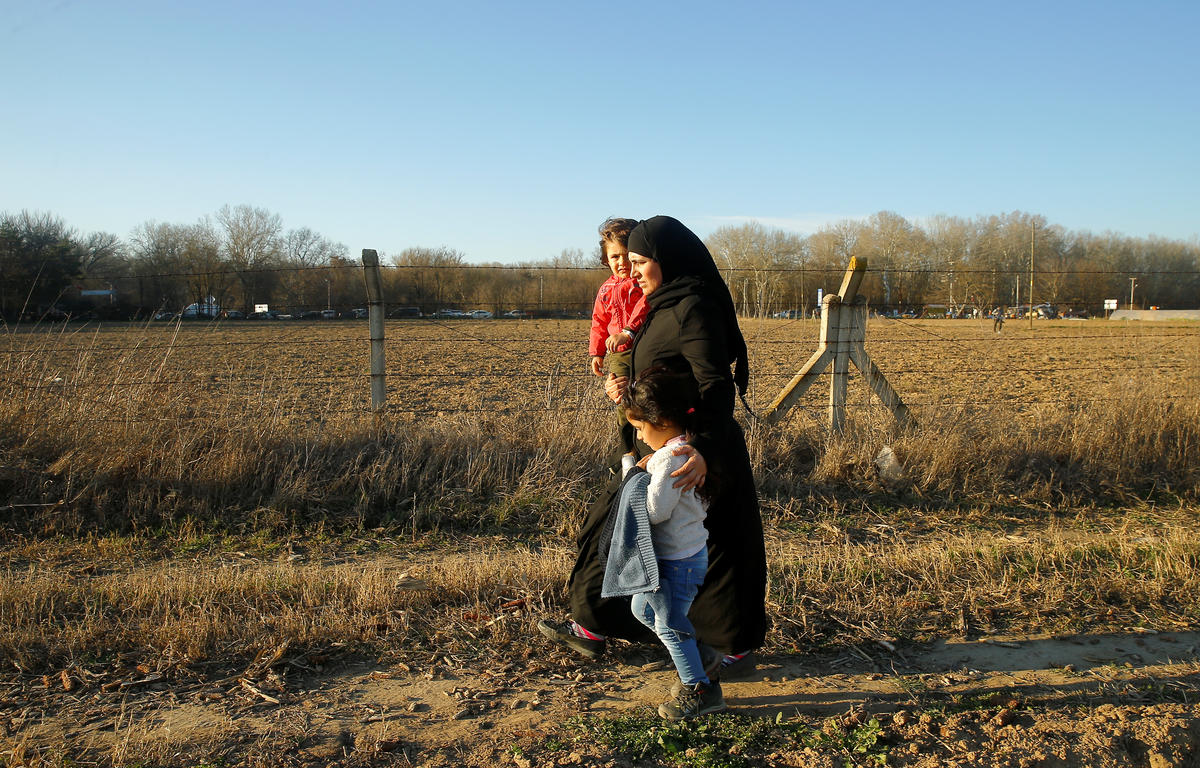UNHCR and the BBC team up to warn people about Gulf of Aden risks
UNHCR and the BBC team up to warn people about Gulf of Aden risks

NAIROBI, Kenya, September 28 (UNHCR) - UNHCR and its partners have taken to the air waves to warn thousands of people about the dangers they face by crossing the perilous sea waves that separate the Horn of Africa from Yemen.
Every year tens of thousands of people, mainly Ethiopians and Somalis fleeing poverty or conflict and persecution, pay smugglers to ferry them across the Gulf of Aden to the Yemeni coast. Many never make it, drowning or dying from beatings, shark attacks and other dangers. So far this year, around 300 people have drowned or are missing at sea and presumed dead.
The UN refugee agency has long been trying to spread awareness about the dangers, but people still keep making the perilous crossing. In a bid to reach a wide audience, UNHCR and the International Organization for Migration (IOM) have teamed up with the BBC World Service Trust to air a weekly radio broadcast about the risks.
The first 30-minute "Lifeline" programme was broadcast last Saturday on the BBC's Somali service. It will become a weekly feature over the next six months, when the Gulf of Aden sailing season is at its height. Aside from awareness material, the Saturday afternoon programme will also carry general information of interest to migrants and asylum-seekers.
Put together by the BBC World Service Trust with the help of migration experts from UNHCR, IOM and other agencies, the programme will help people make an informed decision about whether or not to cross the Gulf or to seek asylum in neighbouring countries.
It will feature Somali refugees in Kenya, Ethiopia and Yemen talking about the opportunities and challenges of life in exile, and also from internally displaced people in Somalia. Interviews with migrants and asylum-seekers show that many would not have undertaken the journey had they known about the risks involved.
In a country where literacy is low and national TV and newspapers non-existent, radio is one of the best ways to reach out to the population as many people have access to a radio set.
"The programme has come [just] in time. It will help people understand the dangers that they are likely to face," said Hodan Hassan, a UNHCR community services officer in the northern Somalia port of Bossaso.
The smugglers stop sailing in July and August when the seas are too stormy. Since the beginning of this month, more than 190 boats have arrived at the Yemen coast carrying almost 10,200 people, bringing the total number of arrivals since January to more than 50,000.
UNHCR also hopes the BBC programme will sensitize host communities in Somalia, Ethiopia, Kenya and Yemen about the plight of migrants and asylum-seekers and the reasons that lead to their flight. "It will help in reducing xenophobic feelings directed at Ethiopian migrants and asylum-seekers by the host communities," said Hassan.
By Esther Mwangi and Roberta Russo in Nairobi, Kenya












